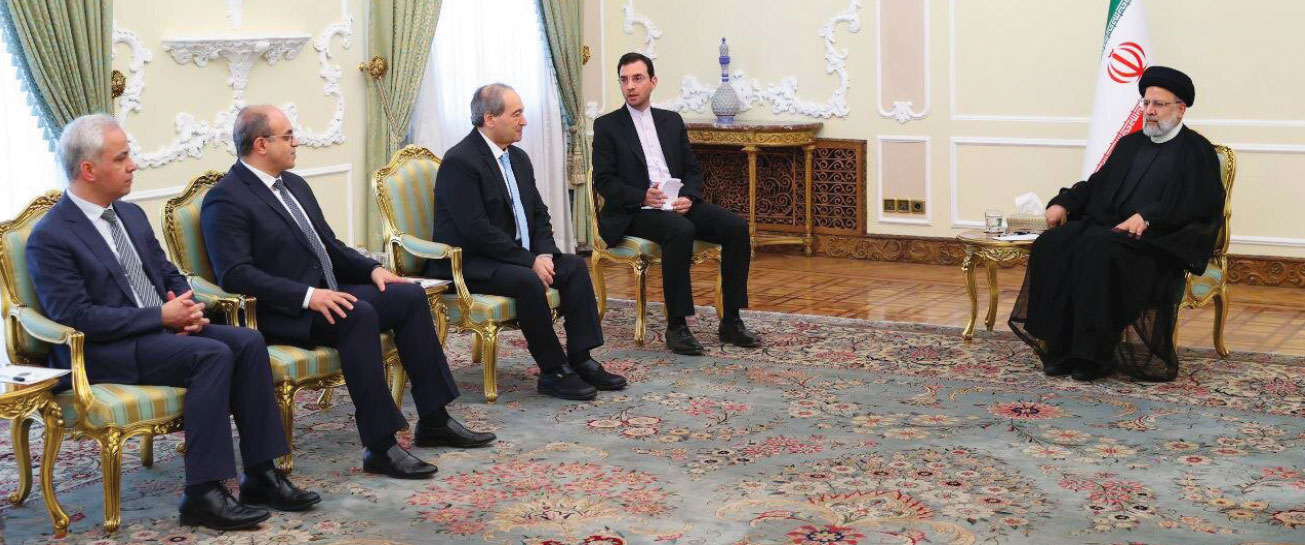Government sources have disclosed a recent agreement between Damascus and Tehran, indicating that Syria will receive a consistent supply of two million barrels of Iranian oil per month. The local website Athr Press reported this development.
This renewed phase of the credit line and the government’s efforts to secure additional quantities through the trade line will have a positive impact on the local market’s stability. Currently, the prices of oil derivatives have been increasing due to delays in supplies in the past.
Syrian-Iranian Talks Foster Cooperation in Agriculture, Electricity, and Investment
According to the sources, Syria’s daily crude oil requirement is at least 100,000 barrels, equivalent to 3 million barrels per month. Securing 2 million barrels through the credit line and an additional 1 million barrels through the commercial line will significantly contribute to meeting the domestic fuel demand.
The escalating price of 90-octane gasoline on the black market has recently reached 12,000 pounds in Damascus. The official government price stands at 3,000 pounds for subsidized gasoline and 4,900 pounds for unsubsidized direct gasoline. Additionally, the price of gasoline 95 octanes, after a recent amendment issued by the Ministry of Internal Trade and Consumer Protection, reached ten Syrian pounds.
This development coincides with a visit from a delegation of Syrian regime officials, led by Foreign Minister Faisal Mekdad and attended by Economy Minister Mohammed Samer al-Khalil and Minister of Communications and Technology Iyad al-Khatib. The purpose of this visit is to commence the implementation of agreements signed by Iranian President Ebrahim Raisi during his visit to Syria in May.
Moreover, Iranian Energy Minister Ali Akbar Mehrabian announced Iran’s plan to rehabilitate power plants in Syria and has prepared studies to generate 5,000 megawatts of electricity in the country.
Overall, this agreement and the forthcoming cooperation between Syria and Iran are expected to have positive implications for the nation’s energy sector and economic stability.
This article was translated and edited by The Syrian Observer. The Syrian Observer has not verified the content of this story. Responsibility for the information and views set out in this article lies entirely with the author.


